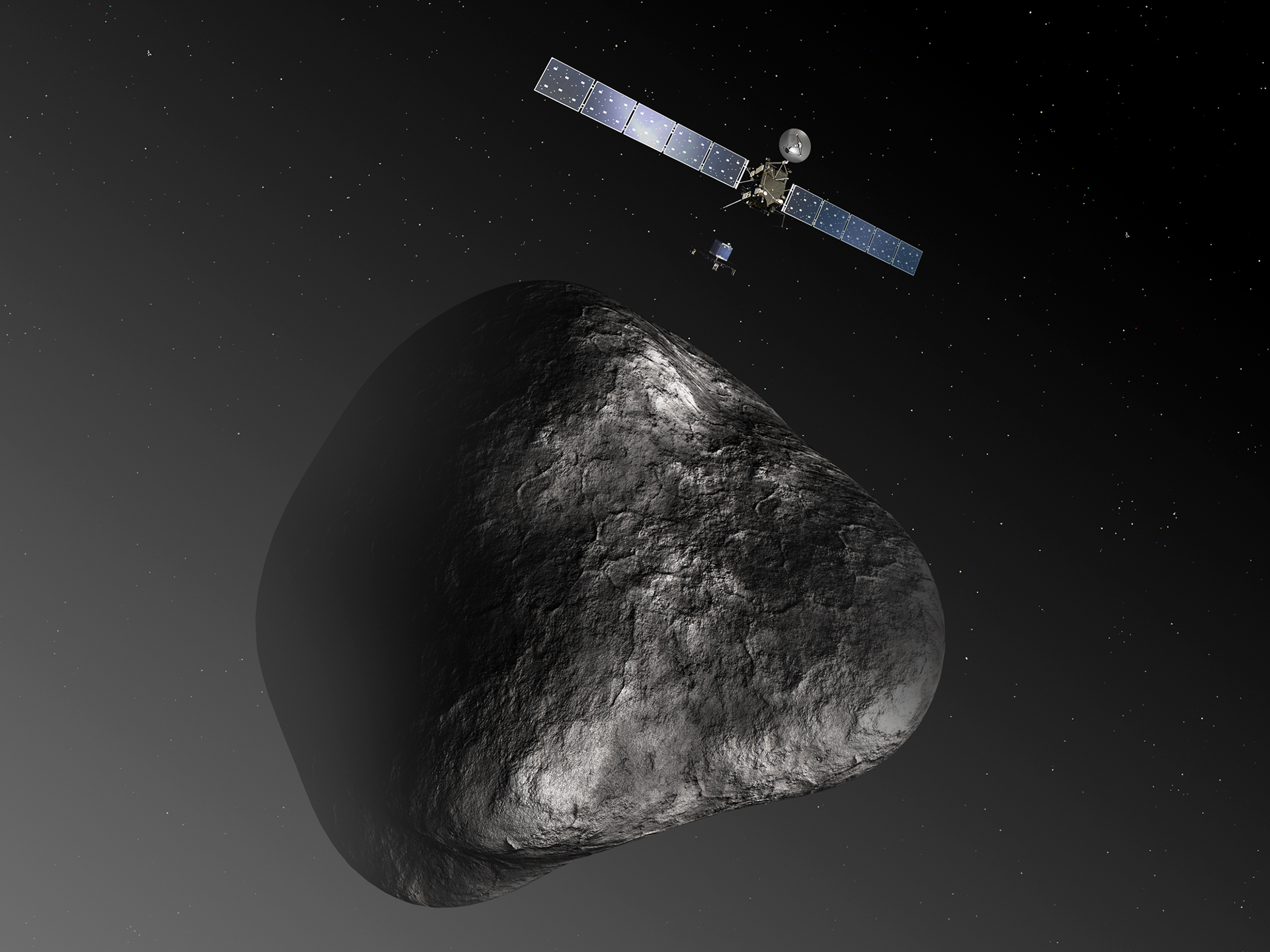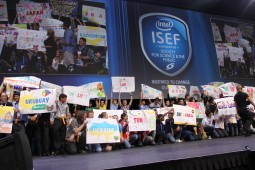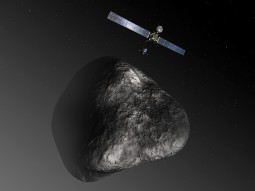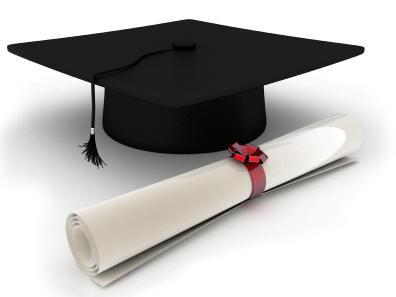 With graduation season is upon us, or in many cases in the rearview mirror, today’s edition of How on Earth is the second of a two-part “Graduation Special”. Our guests in the studio today are scientists who recently graduated with – or soon will receive – their Ph.D. They talk about their thesis research, their grad school experiences, and what they have planned next.
With graduation season is upon us, or in many cases in the rearview mirror, today’s edition of How on Earth is the second of a two-part “Graduation Special”. Our guests in the studio today are scientists who recently graduated with – or soon will receive – their Ph.D. They talk about their thesis research, their grad school experiences, and what they have planned next.
 Abby Koss – CU Boulder, Chemistry and Biochemistry
Abby Koss – CU Boulder, Chemistry and Biochemistry
Topic: New Insights into Fossil Fuel Volatile Organic Compound Emissions and Chemistry using H3O+ and NO+ Chemical Ionization Mass Spectrometry
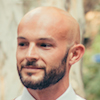 Matteo Crismani – CU Boulder, Department of Astrophysical and Planetary Sciences
Matteo Crismani – CU Boulder, Department of Astrophysical and Planetary Sciences
Topic: Cometary Gas and Dust Delivered to Mars
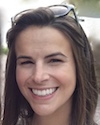 Callie Fiedler – CU Boulder, Electrical Engineering
Callie Fiedler – CU Boulder, Electrical Engineering
Topic: Characterizing the Properties of 3D Printed Hydrogels for Regenerative Medicine
Host / Producer / Engineer : Joel Parker
Executive Producer: Susan Moran
Listen to the show:
Podcast: Play in new window | Download (Duration: 27:22 — 25.1MB)
Subscribe: RSS




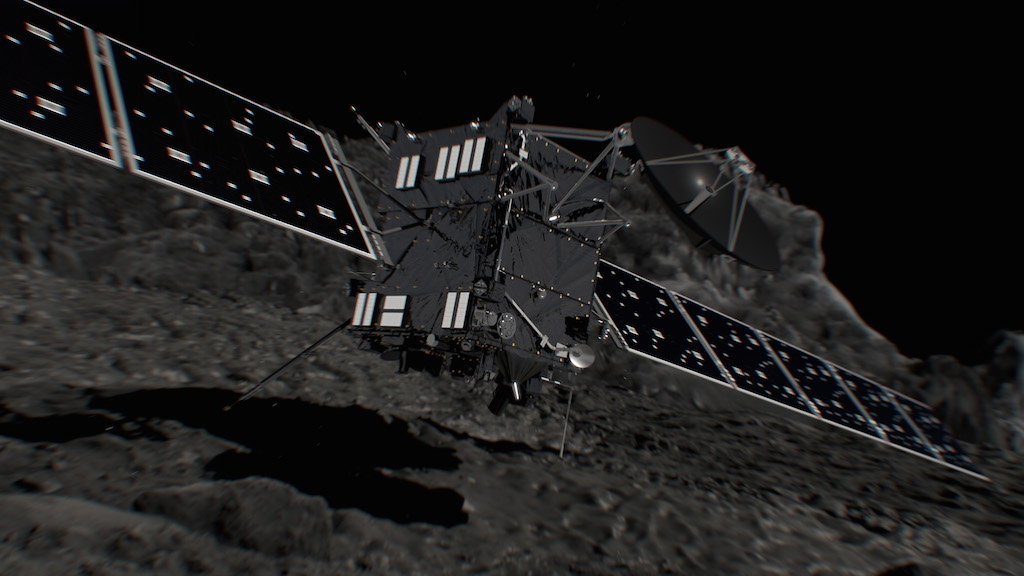
 Rosetta [feature starts at 5:27]
Rosetta [feature starts at 5:27]